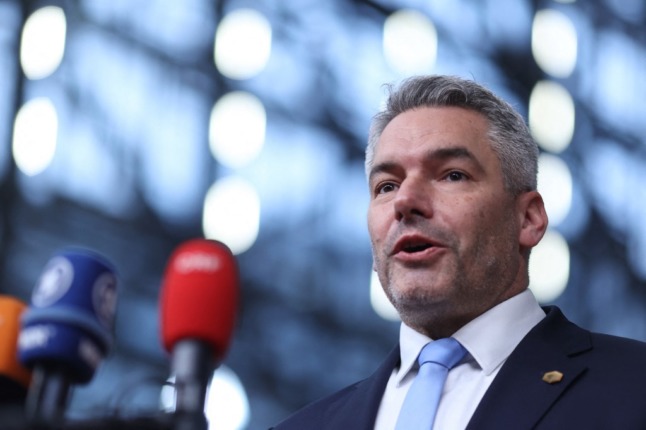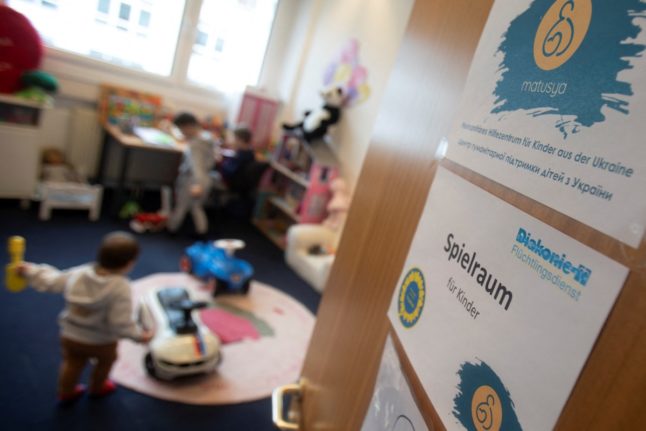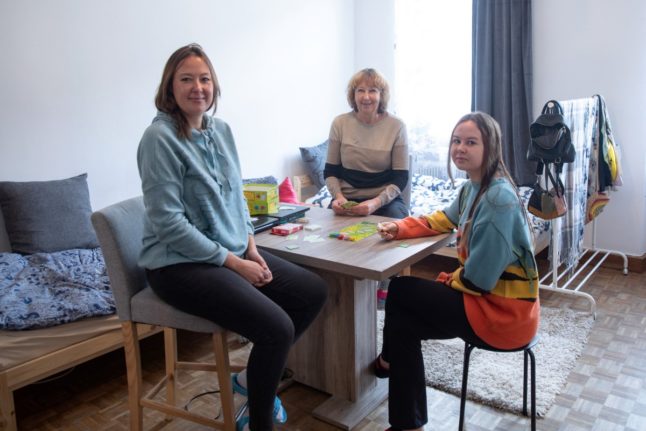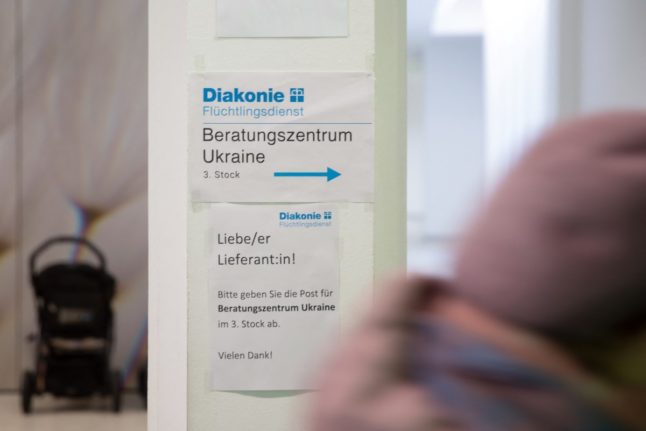Austria has decided to send Ukraine helmets, protective equipment for civilian forces, and fuel supplies, chancellor Karl Nehammer said after a meeting with the crisis committee on Monday, 28th of February.
Nehammer stated that the situation in Ukraine is still unpredictable, especially as Russian President Vladimir Putin decided to put nuclear forces on high alert on Sunday.
“We will do everything possible to protect Austrians and prepare our country in the best possible way for any effects of a worsening of the situation,” the chancellor said, Der Standard reported.
He added that there is no reason for panic in the country and no need to stockpile goods and products.
UPDATED: How Austria could be impacted by the war in Ukraine
The country will also send further assistance to Ukraine, the chancellor said.
The aid package includes 100,000 litres of fuel. This adds to last week’s €2.5m for the Red Cross and the other humanitarian agencies and convoys with donations that Austria has sent to Ukraine.
In addition, a second aid package will contain a further €15m for Austria’s Foreign Minister’s Foreign Disaster Fund.
Non-lethal aid
Austria will continue sending non-lethal aid to Ukrainians, including 10,000 helmets destined to protect the civilian population.
This follows Austria’s long-standing neutrality policy, with the Austrian State Treaty declaring that Austria can’t join a military alliance, allow the establishment of foreign military bases within Austria, or participate in a war.
READ MORE: The history behind Austria’s commitment to neutrality
Despite that, the country has positioned itself against Russia’s invasion of Ukraine and will continue to participate in the European Union sanctions against Russia, Nehammer said.
The government is also in consultation with Poland, Slovakia, Hungary, and Romania regarding the Ukrainian refugees fleeing war.
“Austria is well prepared” to help the refugees, Nehammer claimed.
The United Nations High Commissioner for Refugees (UNHCR) expects 1.2 million people to seek refuge beyond Ukraine’s national borders; many of them are expected to come to Austria.





 Please whitelist us to continue reading.
Please whitelist us to continue reading.
Member comments